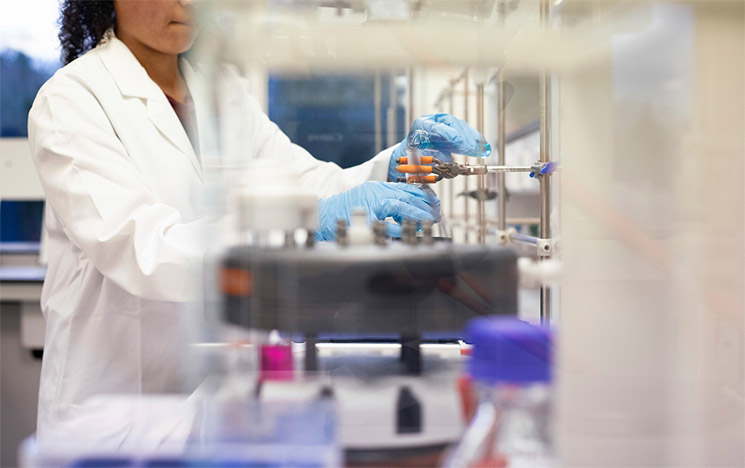Life Sciences
Whether you're studying abroad at Sussex for a semester or year, you can browse our life sciences modules below, and if you're unsure what to study, follow our top tips for how to choose a module.

Browse our modules
You can see our full list of life sciences modules below.
Year 1
Year 2
Year 3
-
Autumn Semester
- Advanced Topics in Conservation
- Animal-Plant Interactions
- Behavioural Ecology
- Cell Signalling and Therapeutics
- Immunology in Health and Disease
- Intelligence in Animals and Machines
- Programming for Life Sciences
- Regulating Gene Expression
- Regulating Gene Expression
- Structure and Function in the Human Brain
- Synaptic Communication
-
Spring Semester
- Advanced Haematology
- Animals in the Anthropocene
- Conservation in Practice
- Genome Stability, Genetic Disease and Cancer
- Genomics and Bioinformatics
- Genomics and Bioinformatics
- Innovation in Bioscience and Medicine
- Molecular Basis of Infectious Disease
- Molecular Neuropharmacology
- Molecular Neuropharmacology
- Neurobiology of Brain Disorders
- Neurobiology of Brain Disorders
- Palaeozoology
- Sensory Function and Computation
- Structural Basis of Protein Mechanism
Not sure how to choose?
Follow our top tips for choosing your modules. You can also find out about our teaching structure, assessment process and how your credits transfer back to your home institution.
Find out more.
Which school will I study in?
You'll study in the School of Life Sciences which consists of several departments including biochemistry and biomedicine, chemistry and Neuroscience.
Our expert academic staff are making world-changing impact in many areas, including cancer biology, drug discovery and biodiversity.
Find out more.
Our life sciences research
We're shining a light on the impact of pesticides on bees, using data to better understand biodiversity loss and researching treatments for Alzheimer's disease.
Our research influences the way we teach, and you learn from academics at the forefront of their fields.
Find out more.
Contact us
If you are studying at Sussex for a semester or year and have questions, email sussexabroad@sussex.ac.uk.
*The Times and Sunday Times Good University Guide 2021. **The Guardian University Guide ***Professor Anthony Leggett (Physics) and Professor Sir Harry Kroto (Chemistry). Rankings based on full undergraduate degree at Sussex.